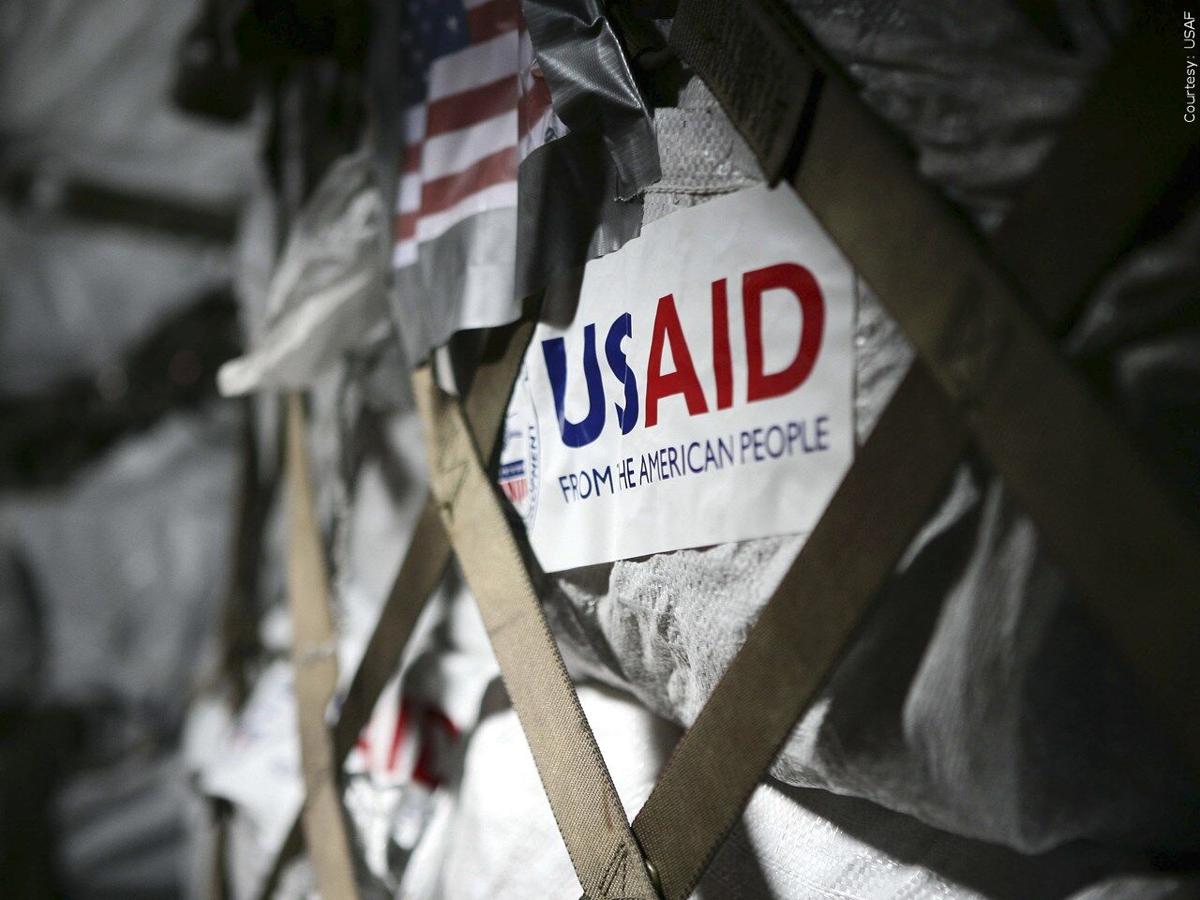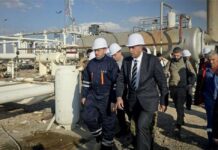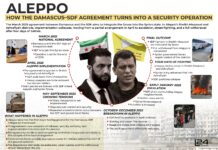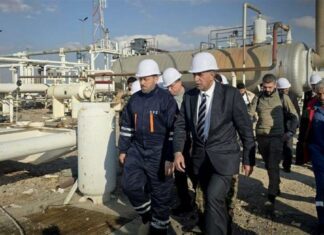
The Trump administration’s sweeping freeze on foreign aid, announced just hours after President Donald Trump took office last week, has sent shockwaves through Syria’s fragile recovery efforts, leaving millions of displaced and vulnerable Syrians in immediate jeopardy. The funding pause, which is part of Trump’s “America First” agenda, has halted billions of dollars in assistance, including critical humanitarian and reconstruction programs in Syria.
Aid Disruptions Threaten Millions of Syrians
The aid suspension has left humanitarian organizations scrambling to continue their operations. The Syrian Civil Defense, also known as the White Helmets, which relies on US funding for nearly a third of its budget, said it is uncertain whether it falls under the Trump administration’s exemptions for life-saving programs.
“You can imagine that the freeze of the current awards — with immediate effect, without giving a notice period — it’s just shocking,” said Farouq Habib, deputy general manager of the White Helmets. “It’s devastating.”
Despite the uncertainty, Habib said his organization will not stop its rescue efforts, even though its funding is now at risk. “These are essential, mostly life-saving activities, and very urgent. We accepted the risk: Simply put, we cannot stop.”
The Humanitarian Action Coordination (HAC) Office, an Idlib-based Syrian NGO, warned that the freeze has already disrupted critical services in the Atma camps, home to tens of thousands of displaced Syrians.
“The Atma camps area recently experienced an abrupt disruption in water supply services and waste removal due to a decision by the Department of State to suspend humanitarian aid,” the organization said in a statement. “Had these essential services remained halted, it would have been a disaster.”
Millions of Syrians remain unable to return to their destroyed homes and rely entirely on foreign assistance for basic needs, including food, water, and healthcare.
International Outcry & Calls for Exemptions
The Trump administration’s decision has drawn sharp criticism from humanitarian organizations, allies, and international agencies, all of whom warn of devastating consequences.
UN Secretary-General Antonio Guterres urged the US to expand exemptions for critical humanitarian aid, stressing that the freeze “threatens the survival of millions of the world’s most vulnerable people.”
Abby Maxman, head of Oxfam America, said the decision “could have life-or-death consequences” for displaced communities.
“By suspending foreign development assistance, the Trump administration is abandoning the United States’ long-held bipartisan approach to foreign assistance,” Maxman said. “This threatens the lives and futures of communities in crisis.”
The UN refugee agency (UNHCR), which last year received $2.49 billion in US aid, is now in a state of crisis, warning that its ability to assist 122 million displaced people worldwide is in serious jeopardy.
Impact on Syria’s Reconstruction & Recovery
Syria’s new government, led by President Ahmad al-Sharaa, has expressed deep concern over the freeze, emphasizing that the country is already struggling to recover from 14 years of war, economic collapse, and devastation.
“The humanitarian and rebuilding needs in Syria are too great,” said Syrian Foreign Minister Asaad al-Shaibani. “We call on the international community to continue its commitments to the Syrian people and not allow political decisions to disrupt essential aid efforts.”
Qatar Steps Up Aid Efforts
As the US aid freeze disrupts humanitarian efforts, Qatar has increased its support for Syria, providing essential relief through the Qatar Red Crescent and Qatar Fund for Development. An air bridge has delivered 364 tons of supplies, including food, medical equipment, and ambulances, with additional aid arriving by land and through Damascus International Airport.
Beyond immediate relief, Qatar has launched long-term efforts to restore homes, rebuild infrastructure, and strengthen healthcare and education. Since December 2024, nearly 3.6 million Syrians have benefited from aid, including flour for bakeries producing 1.4 million loaves of bread.
What Happens Next?
The 90-day aid review by Secretary of State Marco Rubio will determine whether certain programs will be continued, modified, or permanently cut. However, uncertainty looms over whether the pause will be extended or if only a fraction of funding will be restored.
Experts warn that the sudden freeze undermines trust in US aid programs and may force recipient countries to reconsider their reliance on Washington’s assistance.
“If you don’t see US aid as reliable if it can be cut off overnight, then you might still want it, but how you interact with it might change completely,” said Rachel Bonnifield, a senior fellow at the Center for Global Development.
For millions of Syrians, however, the immediate concern is survival. With assistance in limbo, humanitarian organizations are left scrambling, and Syria’s fragile recovery has been dealt a major setback.








